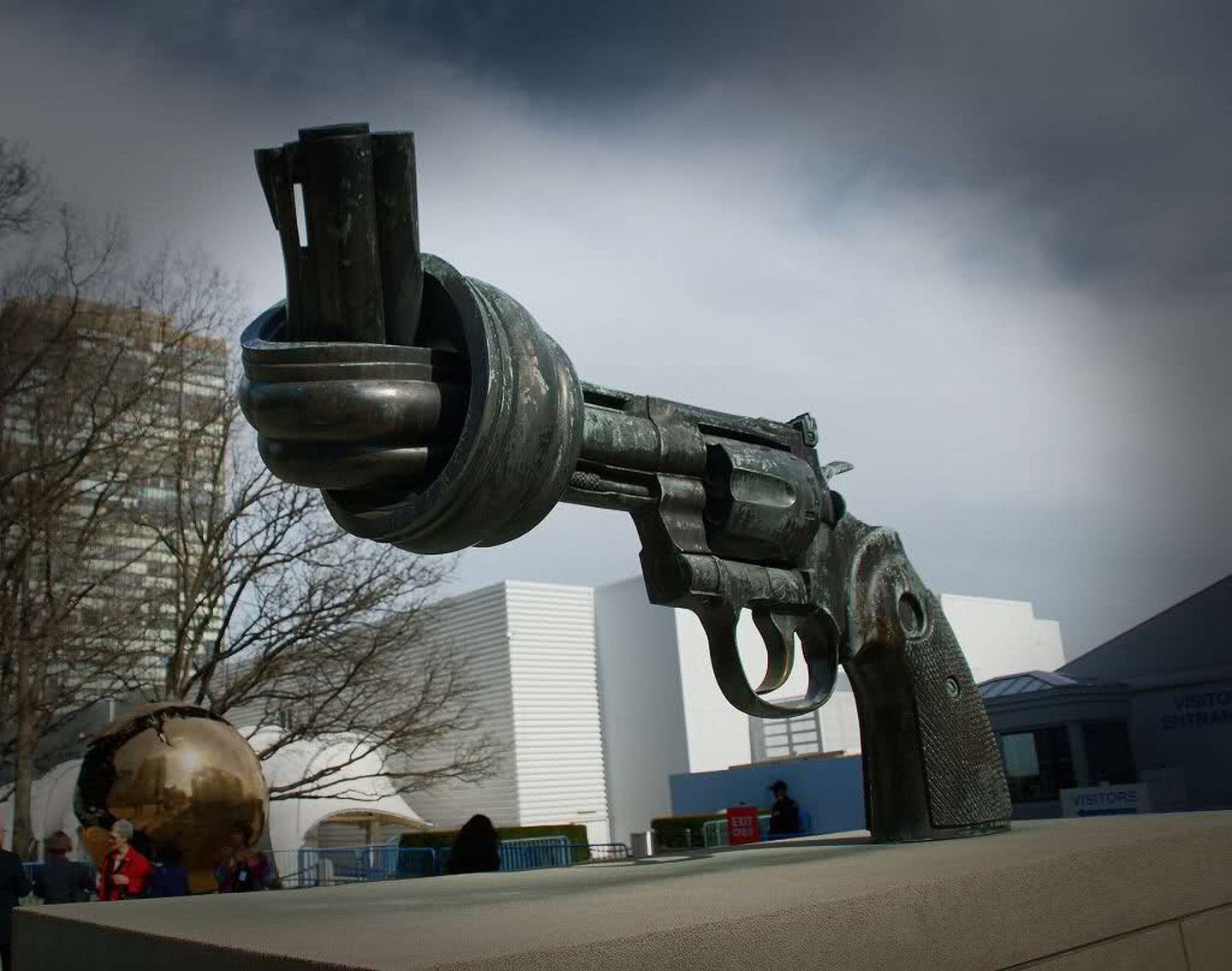The European Unionʼs politics on guns and firearms have always been ambiguous at the best, and the results of the EU decisions, proposals, resolutions, and whatnot, have often caused more harm than good to the millions of law-abiding gun owners and enthusiasts, sports shooters and hunters across Europe, while resulting in little or no effect at all on gun violence, gun crime, and illegal arms trafficking.
One of the latest EU legislation on firearms, adopted on March 8th, appears to be this kind of. Establishing requirements for exports, imports, and transit licensing of all civilian firearms, from and to the European territory, and making gun tracking easier, it was meant by its supporters to “establish stronger regulations to effectively fight illegal arms trafficking”. Given that it applies to firearms, their parts and essential components and ammunition for civilian use, not concerning military weapons (which are the most widely used type of firearms for illicit activities) it is unlikely to affect in any way illegal activities and is instead very likely to cause a further hassle to law-abiding citizens, although the European Commission stated that, “to avoid unnecessary administrative burdens”, the Regulation sets up simplified procedures for temporary export, import and transit of small numbers of firearms for “verifiable lawful purposes”, such as recreational, repair or exhibition. By bringing EU legislation in line with Article 10 of the UN Firearms Protocol, allowing its ratification by the European Union which has been pending since 2002, the proposal de facto aligns the Europan firearms politics to those of the main anti-gun international body active today.
The Regulation is based on the principle that firearms and related items should not be transferred between states without the knowledge and consent of all states involved. It lays down procedural rules for export, and import - as well as for transit of firearms, their parts and components and ammunition. Exports of firearms will be subject to export authorisations, containing the necessary information to trace them, including the country of origin, the country of export, the final recipient and a description of the quantity of the firearms and related items. Member States have the obligation to verify that the importing third country has issued an import authorisation. In the case of transit of weapons and related item through third countries, each transit country must give notice in writing that it has no objection. Member States must refuse to grant an export authorisation if the person applying has any previous record concerning illicit trafficking or other serious crime.
The existing EU legislative framework on firearms largely derives from the UN Firearms Protocol (UNFP) which was negotiated and signed by the Commission in 2002 on behalf of the European Community. To transpose the provisions of the Protocol and address transfers of firearms within the Union, the EU already adopted Directive 2008/51/EC (amending Council Directive 91/477/EEC). The 2008 Directive established the rules on controls by the EU Member States on the acquisition and possession of firearms and their transfer to another EU Member State
The Regulation adopted on March 8th addresses trade and transfers with countries outside the EU, thereby transposing the provisions of Article 10 of the UNFP on ‘General requirements for export, import and transit licensing or authorization systems’. It applies to firearms, their parts and essential components and ammunition for civilian use. Military weapons are not concerned.
After the European Parliament gave its agreement in October, last Marchʼs adoption by the Council of the Regulation put forward by the Commission in May 2010 (IP/10/635 and MEMO/10/225) paves the way for the final ratification of the UN Firearms Protocol by the European Union once the Regulation has entered into force (120 days following its publication in the Official Journal of the European Union).
Cecilia Malmström, European Commissioner of Home Affairs, welcomed the adoption by stating:
«Trafficking in firearms is a threat to the security of our citizens and is a lucrative business for organised crime. I am therefore particularly glad that the European Parliament and Council has approved the Commissionʼs proposal to tighten the rules for exports and imports of firearms and to improve traceability. Stronger control of firearms entering or leaving the EU will help us prevent their misuse».
Personally, we would have felt more safe, protected, and confident in the European Unionʼs effort against the illicit arms trade − which alone generates about €180 million per year globally, not counting other related crimes such as drug trafficking, human trafficking and corruption − if our so-called “representants” at the European Union had adopted a directive meant to seriously tackle all sorts of bulk illicit international traffics and the transfers of huge capitals and amounts of money that are always linked to them, rather than ruling once again against law abiding European citizens that will now find increasing difficulties when traveling abroad for shooting competitions or hunting trips, having to demonstrate that their pistol, rifle, shotgun or carbine is not an illegal weapon. Once again every responsible, honest shooter, whose guns are legally owned, licensed and registered must expect to be treated like a “Lord of War”.


